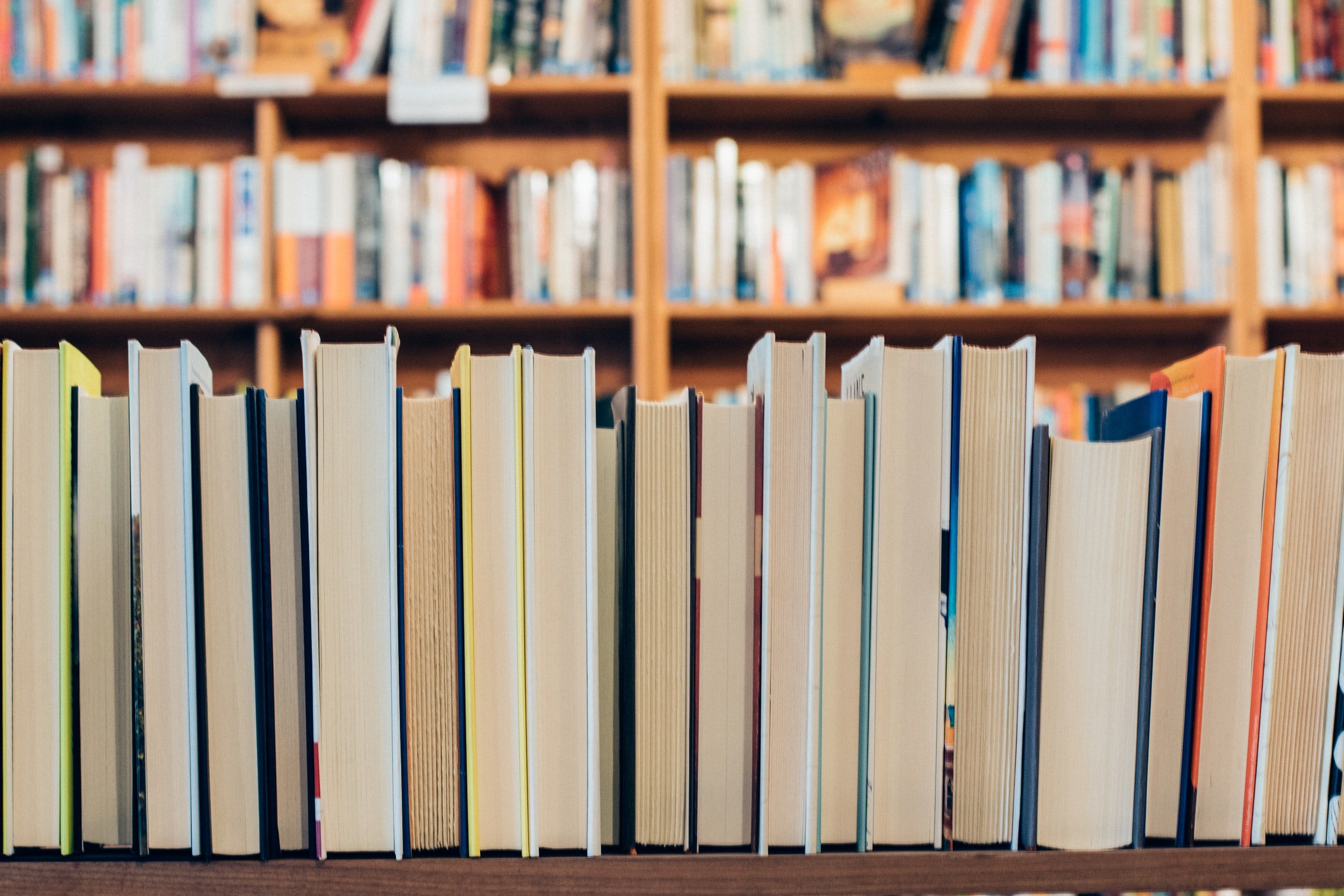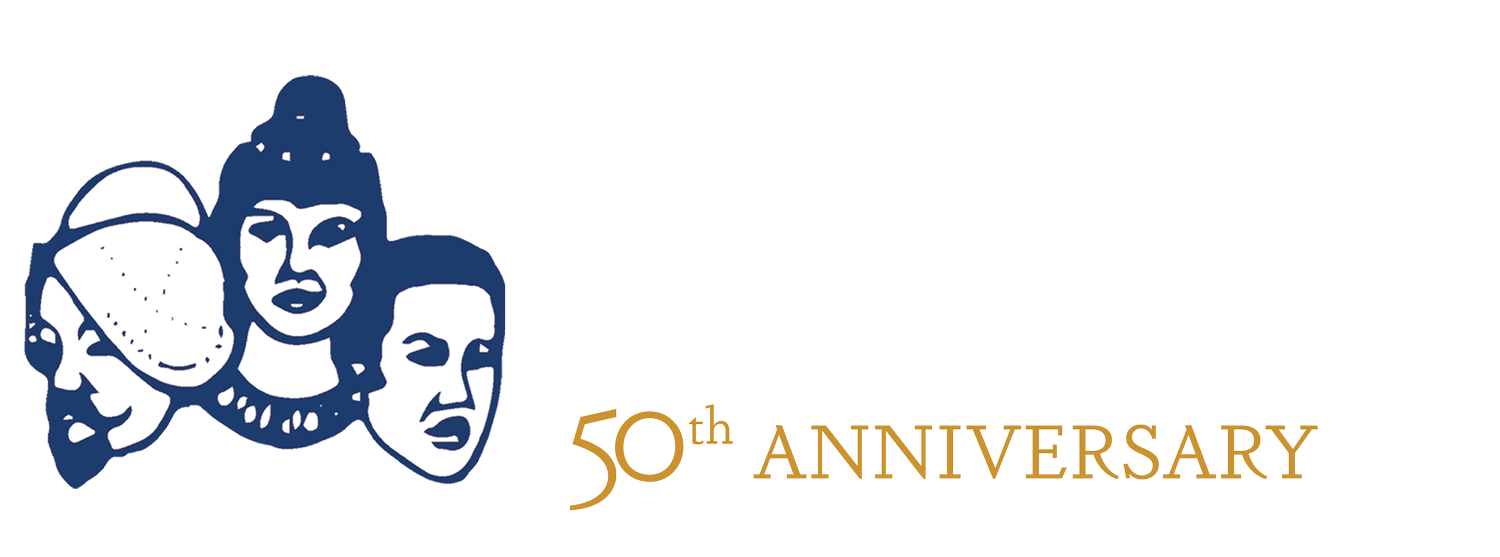
WAYS OF LEARNING
Five Ways of Learning and Modes of Instruction
In all its academic programs, Boricua College has a unique pattern of ways of learning and modes of instruction implemented through five curricular areas. For most students, going to college means taking courses in an institution of higher education, attending lectures on various academic subjects such as history, physics, or math, and taking examinations on those subjects at the end of each term. At Boricua College, lecture-discussion courses constitute an excellent way for college students to master some kinds of information. Such “theoretical studies,” however, are only one of five distinct ways in which students are educated and receive academic credit at Boricua.
An explanation of each of the five modes of instruction and learning and the way they are integrated into a singular program of student growth and development is described below.
Individualized Instruction:
In the courses that use this mode of instruction and way of learning every student meets individually with their assigned full-time faculty member (i.e. Educational Facilitator) for one hour per week throughout the academic term to plan, implement and evaluate a program of learning based on the curriculum, and designed to meet that student’s educational needs and career aspirations. During the first two years, individualized instruction emphasizes the development of carefully identified generic intellectual skills required for the mastery of the basic principles of knowledge of the humanities, social sciences and natural sciences. During the next two years, individualized instruction takes on a more disciplinary character as the student is helped to develop the breadth and depth of intellectual skills and apply them in learning the concepts and literature of his/her field of specialization. In all these courses, a system of instructional modules, developed by the faculty, are used as the primary text to guide instruction.
Colloquium:
A second unique way of learning at Boricua involves the use of small group colloquia comprising eight to ten students who meet once a week with their assigned full-time faculty to exchange, share, discuss, and evaluate ideas, issues and problems related to the learning program of the group members. In the first two years, a particular objective of these courses is the development of the affective skills (receiving, responding, valuing) necessary for life-long learning and acquisition of knowledge. During the next two years a Colloquium takes on a more disciplinary character as students are helped to develop the breadth and depth of both the affective skills and the subject matter contents of their field of specialization.
Experiential Studies:
This mode of learning involves carefully designed structured experiences of “learning by doing.” It aims to develop students’ awareness of how simple psychomotor skilled movements evolve into complex professional skills. In the first year students participate in structured field experiences under the guidance of their assigned full-time faculty to sharpen their sensory and perceptual awareness and observational skills. They continue on to courses that increase body sensory awareness, physical abilities and complex instrumental skills that integrate the psychomotor with cognitive and affective skills. In the next two years and beyond, the student participates in carefully designed workshops, studio activities and supervised internships related to their academic disciplines and professional goals.
Theoretical Studies:
A fourth set of courses employing the customary techniques of lectures, discussion, readings and written examinations lead the student through a body of instrumental knowledge required for problem solving. In the first two years of Theoretical Studies courses, students learn by memorizing and applying their intellectual and affective skills to introductory subject matter of mathematics, social and natural sciences, transforming them into personal knowledge. In the following two years and beyond, the student develops further a higher level of competency in the use of their intellectual and affective skills by applying them to learning facts, methods and theories of specialized subject matter of the liberal arts and sciences and of the professions.
Cultural Studies:
At Boricua College three levels of culture are particularly relevant: (1) the archetypal elements, mostly unconscious, that motivate behaviors and identify a student as a member of “a people”; (2) historical elements that serve as conscious icons representative of popular aspects of a particular culture; (3) the contemporaneous elements of a culture that are being created in the daily life of a student and his/her peers. Particularly essential to Cultural Studies is the development in students, the affective skills: and processes of receiving and responding (literacy) and expression of values, and the companion internal processes of sensing, emotions and feelings that, together with the intellectual-cognitive abilities provide content for creating and understanding culture. In the first two years Cultural Studies courses also concentrate on written and oral communication skills of the student. In the second two years and beyond, the concentration is on the humanities history and the arts.
Integration of Learning Experiences
No goal is more important to Boricua College than its students’ success in integrating the five modes of instruction and ways of learning into a coherent pattern of educational growth and personal development. Several key features of the College’s program are directed toward that goal.
The Educational Facilitator-Student Partnership
Neither detailed planning nor comprehensive documentation and assessment can ensure the integration of a student’s learning experience at Boricua without the work of an Educational Facilitator, the key figure in the College’s educational programs. Performing a faculty role virtually unknown in traditional institutions, Boricua’s “facilitators of learning” are directly responsible for up to 22 students with whom they meet for individualized instruction courses and two small group colloquia each week. The Educational Facilitator creates a learning environment and a transactional process whereby the student achieves a synthesis of knowledge, skills and values inherent in the academic programs.
The Learning Contract
The task of integrated learning begins with a plan of education embodied in a Learning Contract. At the beginning of every academic term, each Boricua student develops with an Educational Facilitator a personalized Learning Contract. The contract specifies the student’s educational goals for the term, how the Five Ways of Learning will be utilized to achieve those goals, and the method by which the student’s progress will be evaluated at the end of the term.
The Learning Contract process begins with the first contact between a student and his or her assigned Faculty Facilitator. The contract is signed by both and includes the registered courses, an agreement on the learning objectives in each course, and any special academic recommendations or challenges indicated by the Assessment Committee’s report of the student in the prior academic term.
The Learning Contract allows the institution to individualize the student’s learning agenda, taking into account personal issues, obstacles, or concerns that may impede the student’s satisfactory academic progress. The Learning Contract also demonstrates the College’s commitment to the principles of student-centered, self-paced, competency-based learning.
From time to time, students’ personal life conditions necessitate renegotiation of the Learning Contract. In consultation with their Educational Facilitator, students may decide to reduce their workload by dropping a course in either Theoretical or Cultural Studies, while maintaining full-time student status. Individualized Instruction, Colloquium, and Experiential Studies courses may not be dropped. In renegotiation cases, the Educational Facilitator recommends re-contracting, which must be approved by the academic administrator. A memorandum sent to the registrar completes the re-contracting process. At the end of the term, the student earns no credit for the dropped course with no negative effect in their Grade Point Average.
Similarly, students may increase their credit load during the academic term by adding Independent Study to their learning contract.
Academic Assessment
Assessment of satisfactory academic progress is an integral part of the instructional process. Throughout an academic term, in individualized instructional sessions and colloquia, a student’s Educational Facilitator provides periodic feedback about the learning and work completion. It culminates in a written evaluation that summarizes the student’s progress toward educational objectives. That final, summative evaluation of all the courses is the joint product of all the faculty who have worked with the student during the learning term. A comprehensive portfolio of course work is produced and brought to an Assessment Committee comprising the student’s Educational Facilitator and two additional faculty members.
The student’s Assessment Portfolio has two parts. One part contains all the work produced by the student; the other contains a record of the evaluations of the instructor for each course and the review and final grades recommended by the Educational Facilitator to the Assessment Committee. The Committee reviews the contents of the portfolio in relation to the objectives in the learning contract, and the summary evaluation of the courses and grades recommended. The grades achieved by a student vary with the quality and quantity of the work produced as well as the dialogical and participatory process of the student in Individualized Instruction sessions and Colloquia.
Only the Assessment Committee has the authority to award the final grades. The fact that the student’s Educational Facilitator must justify the suggested grade to the Assessment Committee helps to assure the validity and reliability of the grades awarded.


